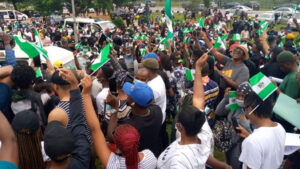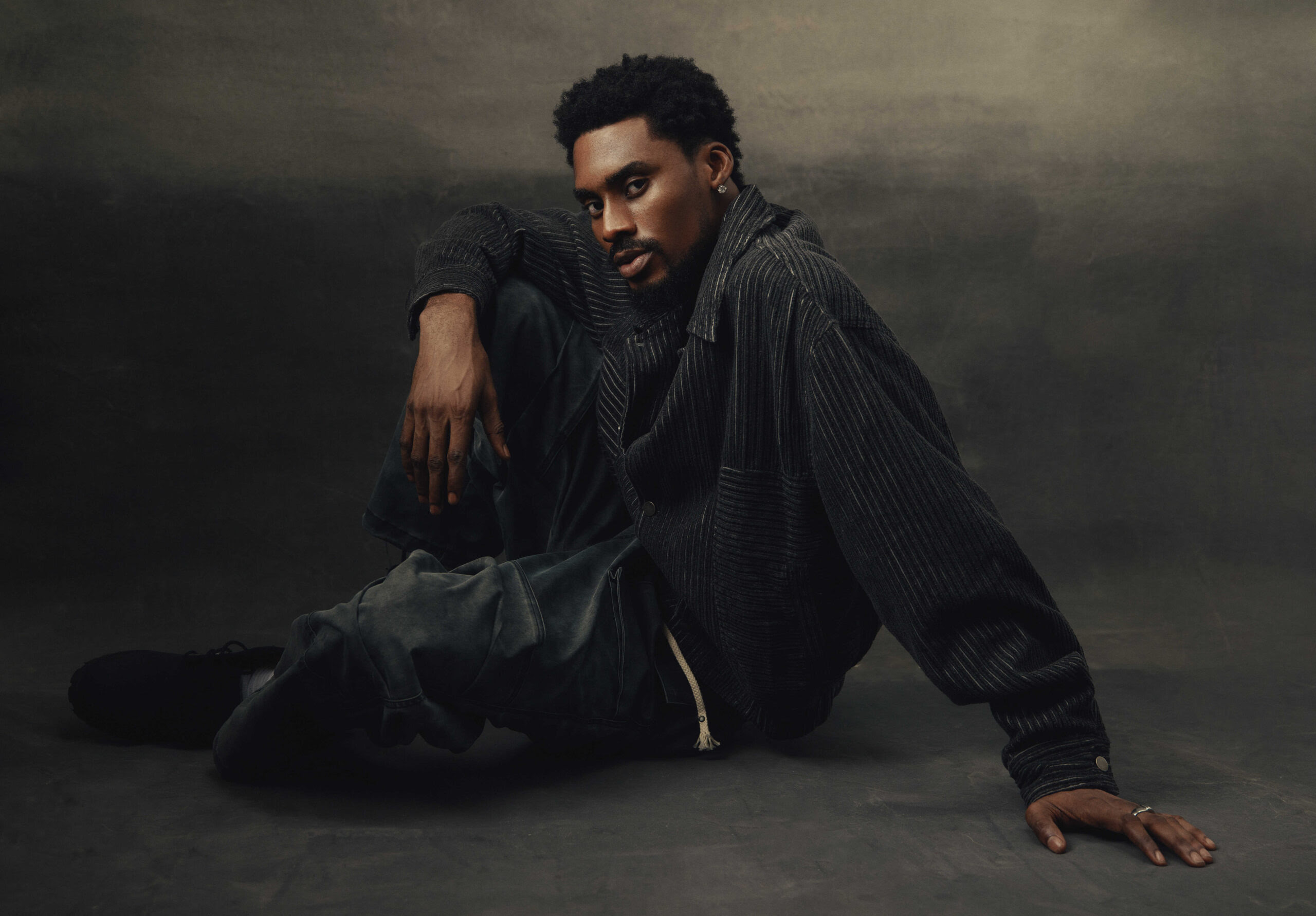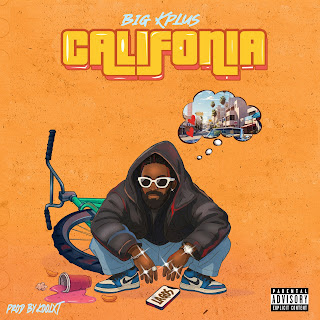Lethal Illegitimacy and the Right to Protest in Nigeria

Lethal Illegitimacy and the Right to Protest in Nigeria

Lethal Illegitimacy and the Right to Protest in Nigeria
The recent wave of protests in Nigeria has sparked a national debate on the right to protest and the government’s response to civil unrest. Demonstrations across the country have been met with varying degrees of police action, raising concerns about the legitimacy of state responses and the fundamental rights of Nigerian citizens.
The protests began as peaceful demonstrations against a variety of social and economic issues, including corruption, unemployment, and police brutality. Organized by various civil society groups and activists, the movement quickly gained momentum, drawing support from a broad cross-section of Nigerian society.
Prominent activists such as Omoyele Sowore, founder of the Sahara Reporters and a vocal critic of the government, have been at the forefront of the protests. Sowore stated, “The people of Nigeria are tired of living under a system that fails to respect their rights and address their needs. We are demanding accountability and change.”
The Nigerian government’s response to the protests has been a mix of dialogue and force. While some officials have acknowledged the legitimacy of the protesters’ grievances, there have also been numerous reports of heavy-handed tactics employed by security forces to disperse crowds and arrest demonstrators.
Inspector General of Police, Usman Alkali Baba, defended the actions of the police, stating, “Our primary responsibility is to maintain law and order. While we respect the right to peaceful protest, we cannot allow unlawful behavior that threatens public safety and property.”
Despite assurances of restraint, several incidents of violence have been reported. In Lagos, Abuja, and other major cities, clashes between protesters and police have resulted in injuries and, in some cases, fatalities.
One of the most notable incidents occurred in Lagos on July 29, 2024, when police fired live ammunition to disperse a crowd at the Lekki Toll Gate, the site of previous demonstrations. Eyewitnesses reported that at least three protesters were killed and dozens injured.
Amnesty International Nigeria has condemned the use of lethal force, calling for an independent investigation into the incident. Osai Ojigho, Director of Amnesty International Nigeria, stated, “The use of live ammunition against unarmed protesters is a clear violation of international human rights standards. The Nigerian authorities must ensure accountability for these actions and protect the right to peaceful assembly.”
Legal experts and human rights organizations have weighed in on the ongoing situation, emphasizing the importance of upholding constitutional rights. Nigeria’s constitution guarantees the right to peaceful assembly and freedom of expression, both of which are essential components of a democratic society.
Femi Falana, a renowned human rights lawyer, criticized the government’s response, saying, “The right to protest is fundamental in any democracy. The use of excessive force to suppress dissent is not only unlawful but also undermines the legitimacy of the state. We must hold those responsible accountable and ensure that citizens can exercise their rights without fear of violence.”
In light of the escalating tensions, various stakeholders have called for dialogue and meaningful reform. Civil society organizations, religious leaders, and international bodies have urged the Nigerian government to engage with protest leaders and address the root causes of the unrest.
Rev. Matthew Hassan Kukah, Bishop of the Catholic Diocese of Sokoto, emphasized the need for constructive dialogue. “We must come together as a nation to address the grievances of our people. This requires listening, understanding, and a genuine commitment to reform. Violence and repression are not the answers.”
The international community has also expressed concern over the situation in Nigeria. The United Nations, the African Union, and various foreign governments have called for restraint and respect for human rights.
In a statement, António Guterres, Secretary-General of the United Nations, urged Nigerian authorities to “respect and protect the rights of protesters” and “ensure that security forces act in accordance with international human rights standards.”
As the protests continue, the path forward for Nigeria remains uncertain. The government’s response will play a crucial role in determining whether the situation escalates further or moves toward resolution.
Activists like Omoyele Sowore remain committed to their cause, calling for sustained pressure on the government. “We will not be silenced. Our demands for justice and accountability are non-negotiable. It is time for real change in Nigeria.”
The protests in Nigeria have highlighted critical issues regarding the right to protest and the state’s response to civil unrest. As the nation grapples with these challenges, it is imperative that all stakeholders prioritize dialogue, accountability, and the protection of fundamental rights.
Do you find Tmaq Media useful? Click here to give us five stars rating!



















